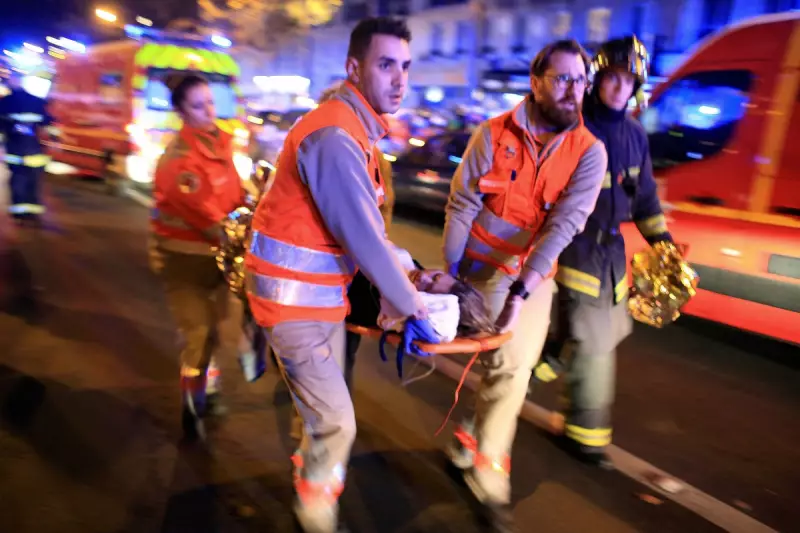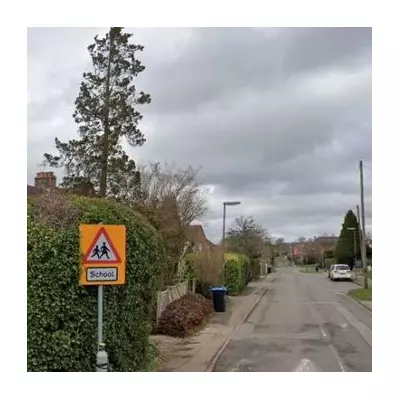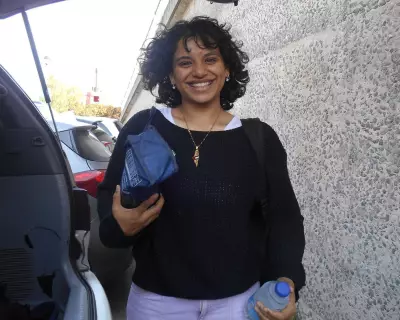
A Night That Changed France Forever
Ten years have passed since gunmen stormed the Bataclan concert hall in Paris, yet for survivors like Sebastien Lascoux, the trauma remains painfully vivid. On 13 November 2015, three attackers armed with Kalashnikov-style assault rifles entered the famed venue during an Eagles of Death Metal performance and opened fire on 1,500 people.
"I had to relearn how to interpret all the sounds around me," recalls Sebastien, now 46. "The noises of the street, any sudden sound that makes you jump. A part of me died that night and stayed in the Bataclan." His friend was among the 90 people killed at the concert hall, one of several coordinated attacks across Paris that claimed 132 lives in total.
The Aftermath and Security Transformation
The Bataclan assault formed part of a devastating coordinated attack across the French capital. Simultaneously, gunmen in black Seat cars targeted bars and restaurants, while suicide bombers attempted to enter the Stade de France where President François Hollande was attending a football match.
In response, President Hollande declared a state of emergency, deploying 10,000 soldiers to sensitive locations and authorising thousands of property searches without judicial review. The military received an additional €2.2 billion in funding for 2016 to address emerging threats.
Over time, these temporary measures became embedded in French law, particularly following subsequent attacks in Nice and the beheading of schoolteacher Samuel Paty. When Emmanuel Macron succeeded Hollande, his government introduced legislation allowing prefects to order search operations and close places of worship in security zones.
Europe's Lasting Security Legacy
The attacks triggered significant changes across Europe. Anxiety about terrorism surged, with Eurobarometer polls showing concern about terrorism rising from 13% to 30% between 2015 and 2016, making it the second most important issue facing France after unemployment.
European nations enhanced intelligence cooperation, with France and Belgium establishing 'Taskforce Fraternité' through Europol. This collaboration generated 800 intelligence leads and over 1,600 suspicious financial transaction reports within a year.
Amnesty International recently concluded that "measures intended to be exceptional" had become "the norm" in France, with security laws increasingly impacting fundamental rights and freedoms.
This week, on the eve of the anniversary, French police arrested a woman and two accomplices suspected of planning an attack on a bar or concert hall, demonstrating that the threat remains ever-present.
Yet amid the lasting trauma and heightened security, the Bataclan itself stands as a symbol of resilience. The venue defiantly reopened in November 2016 with a performance from Sting and continues to host live music today, a testament to France's determination not to be defeated by terrorism.





